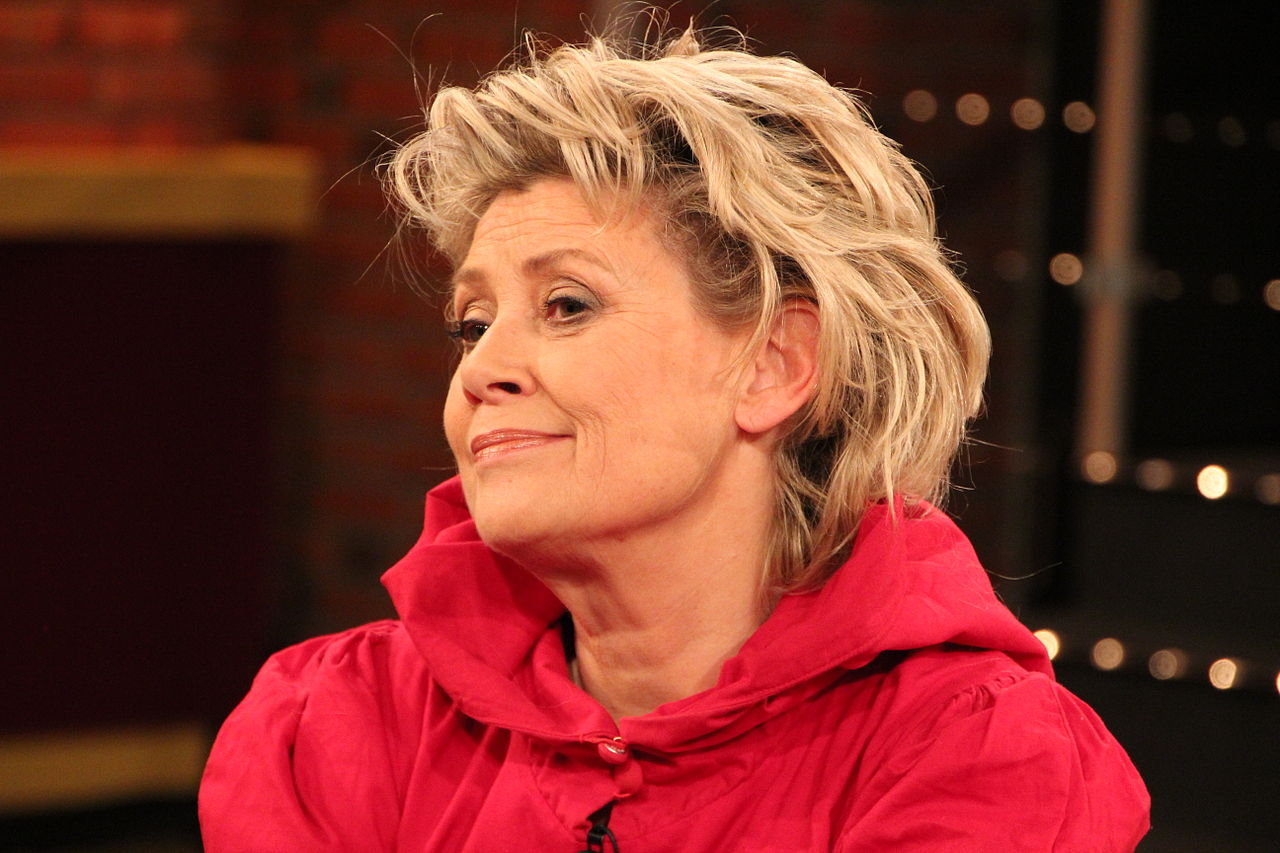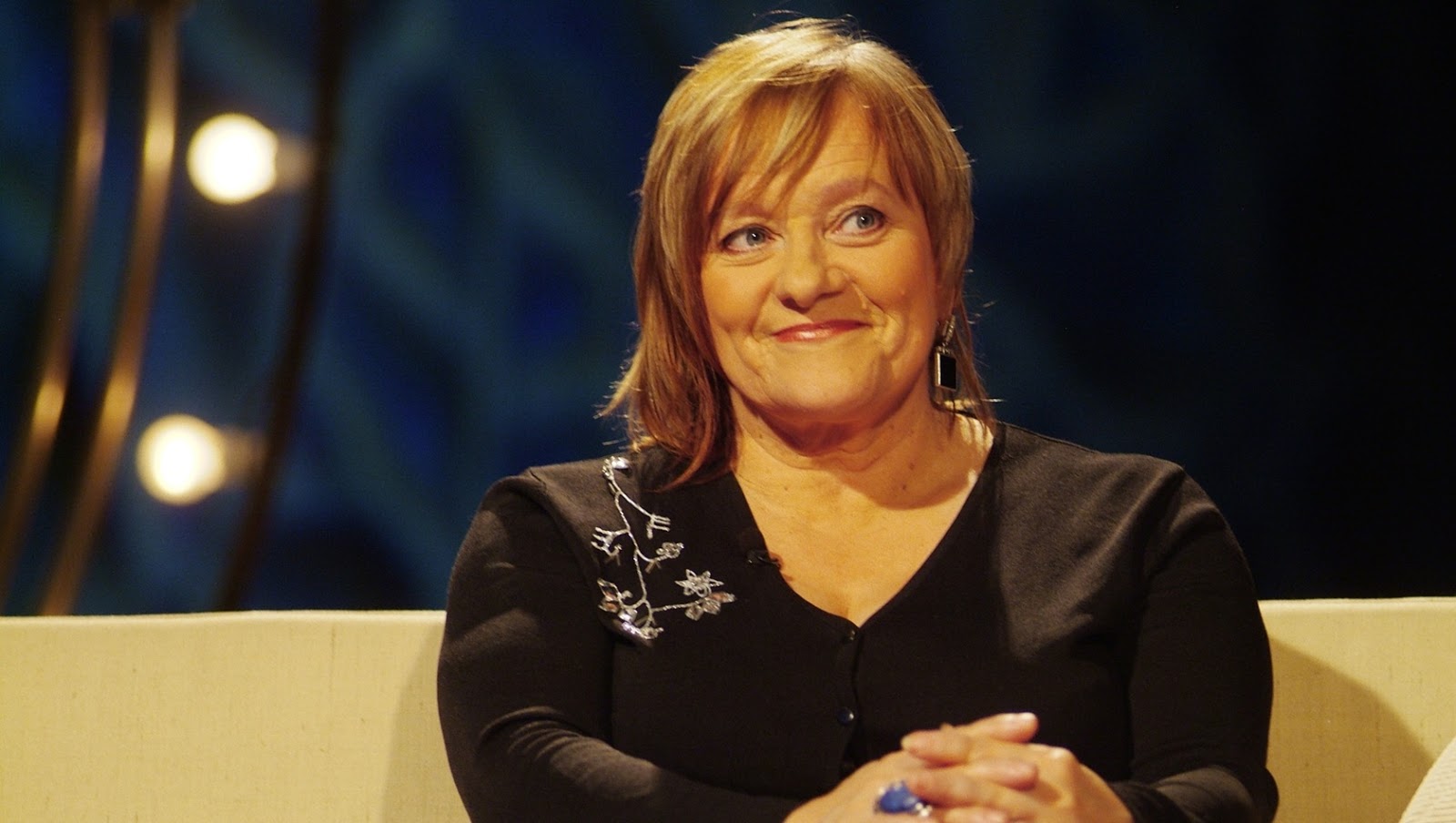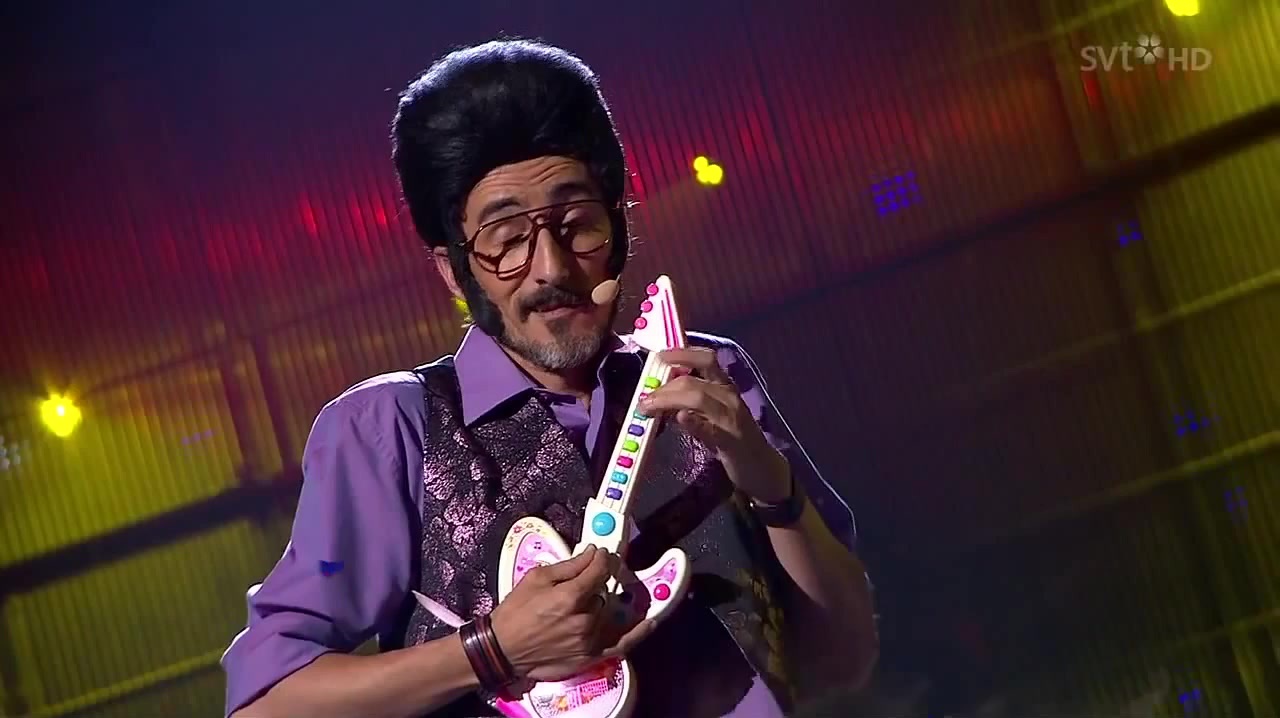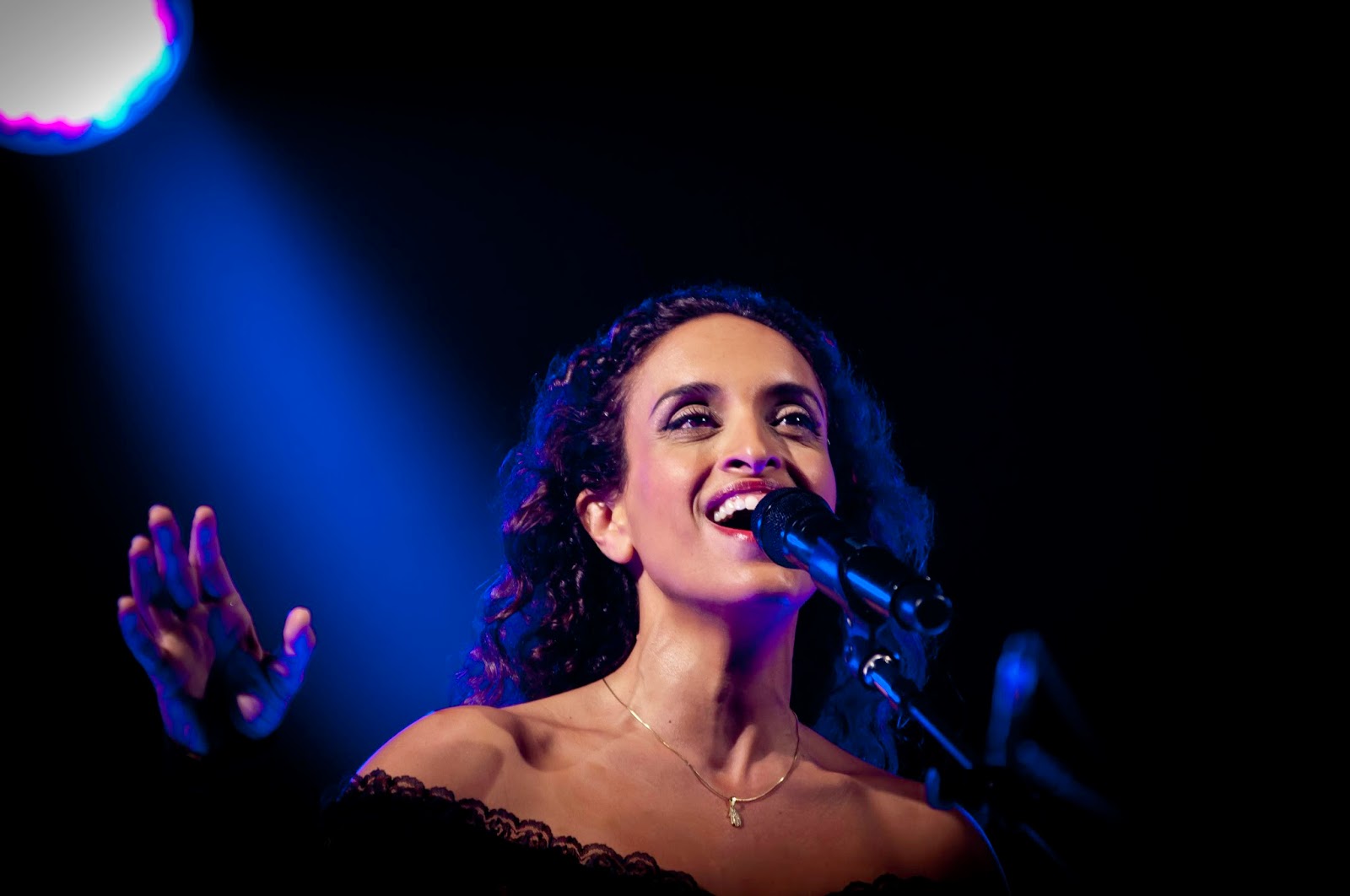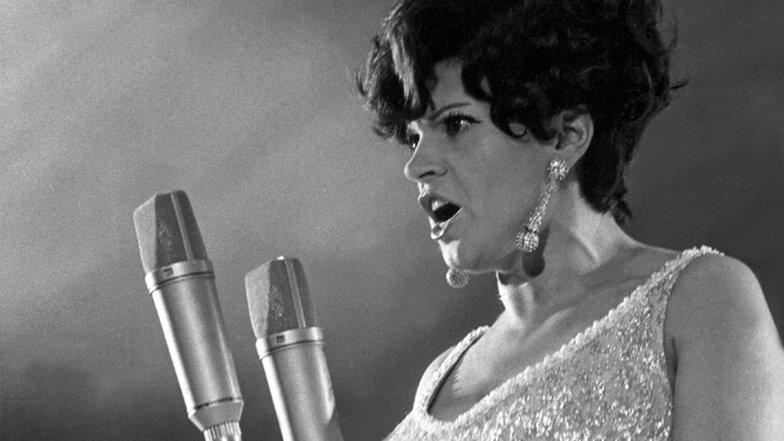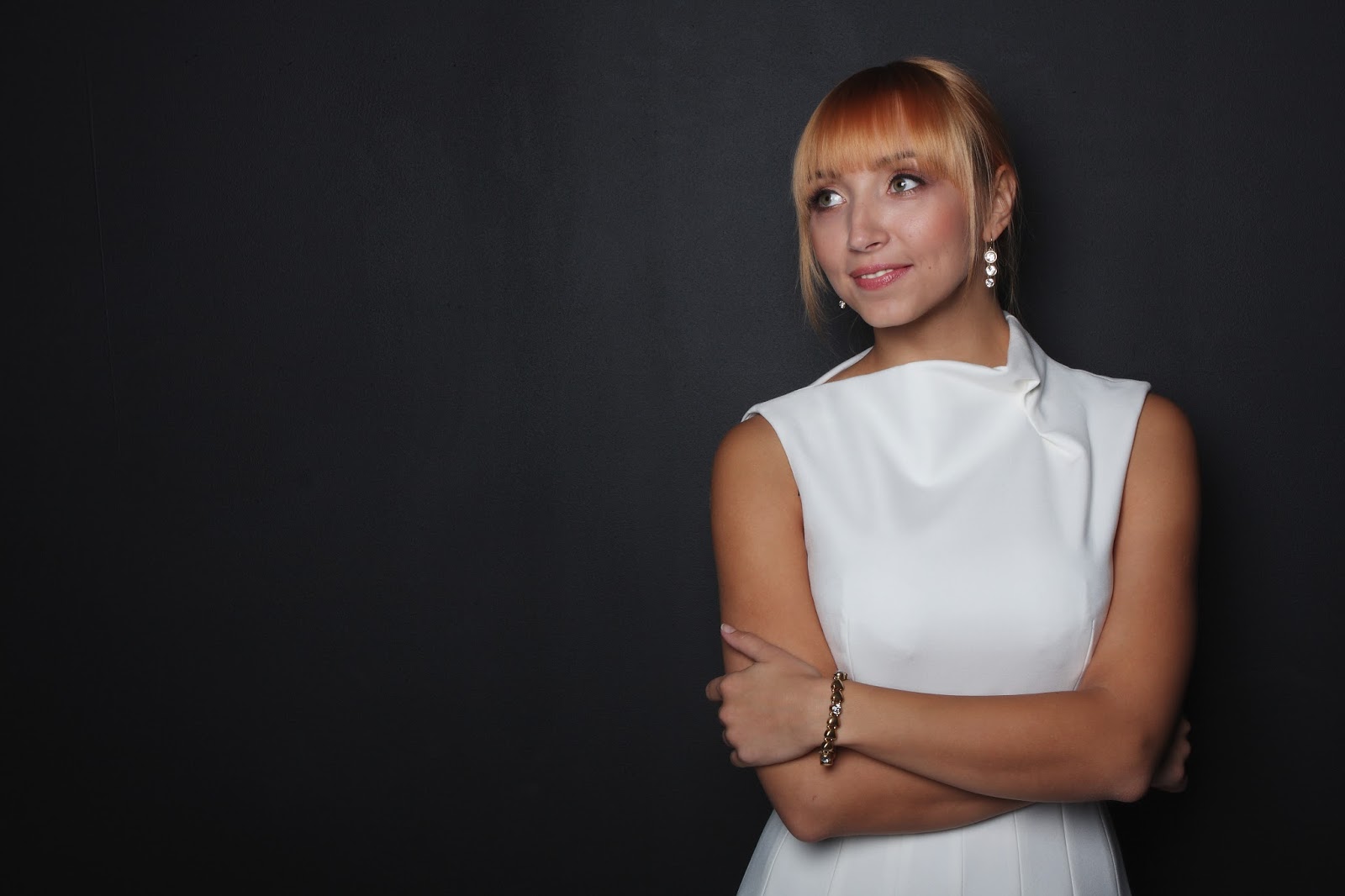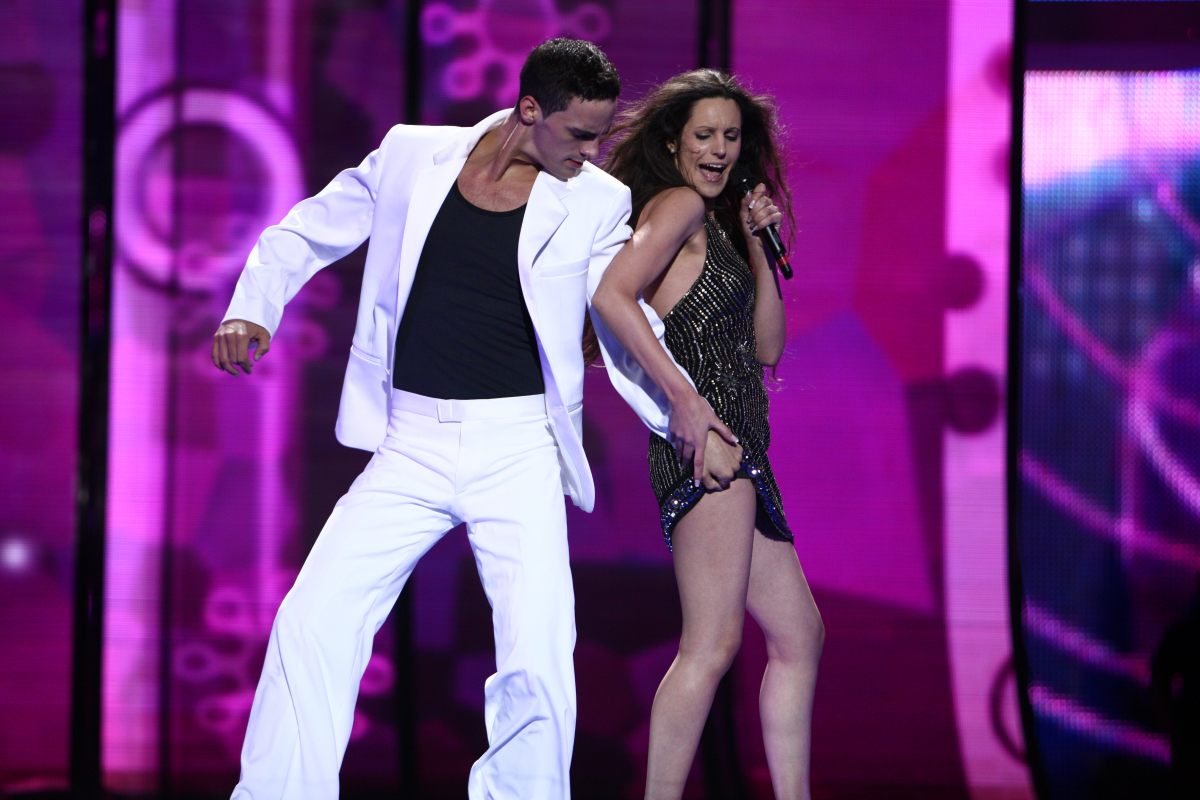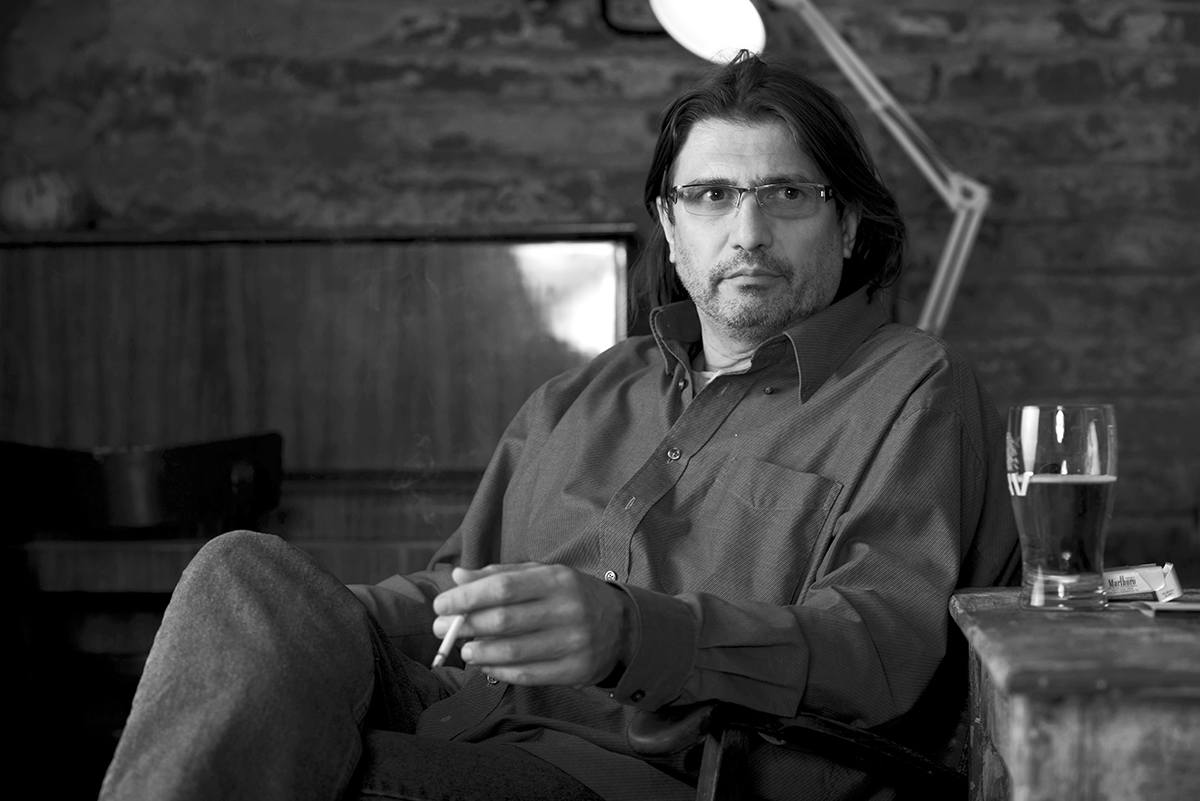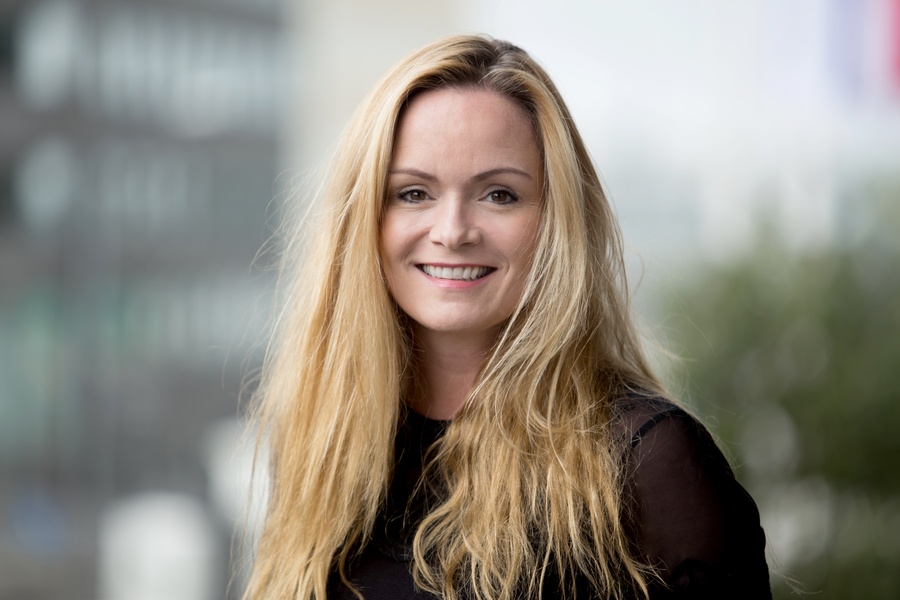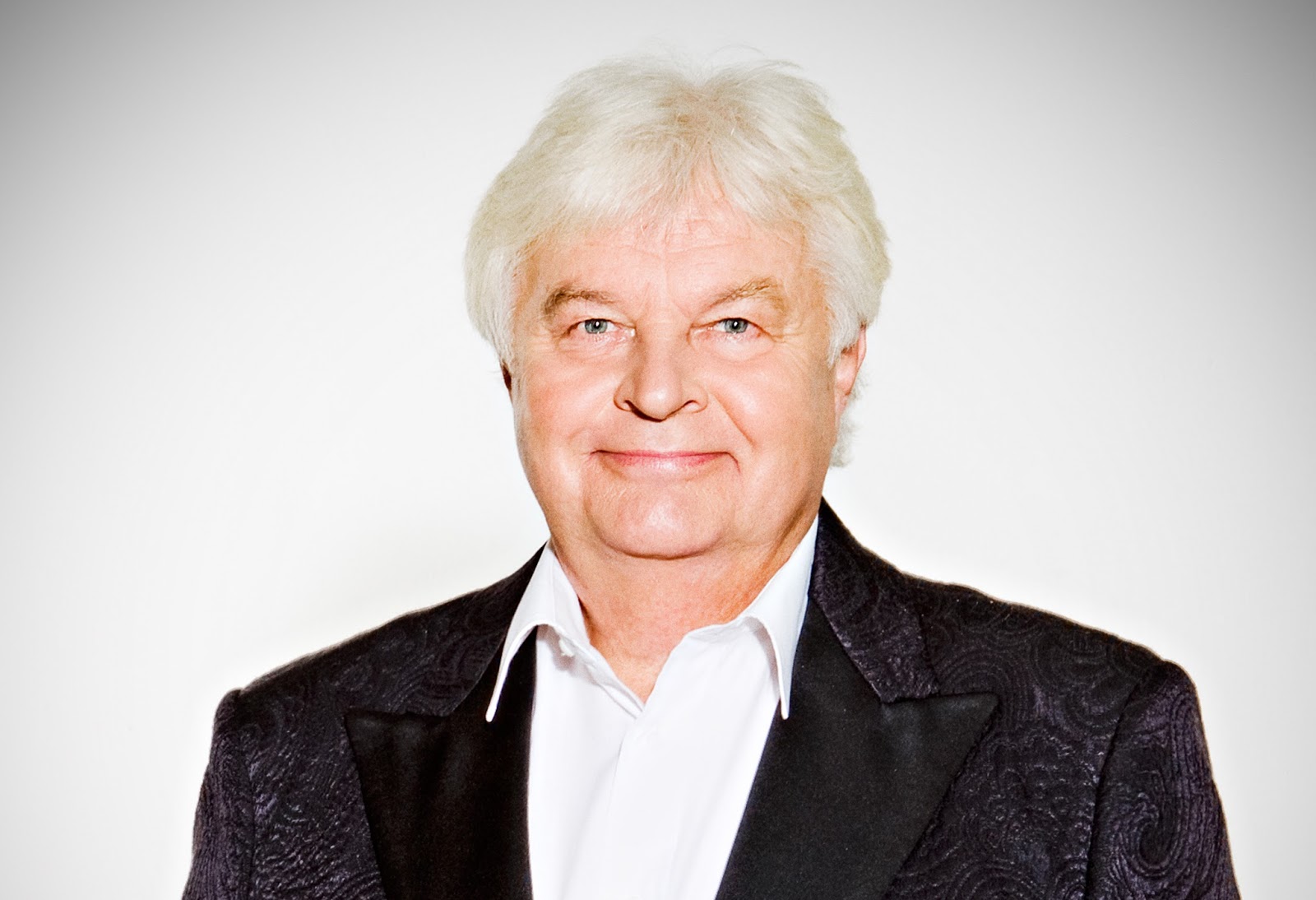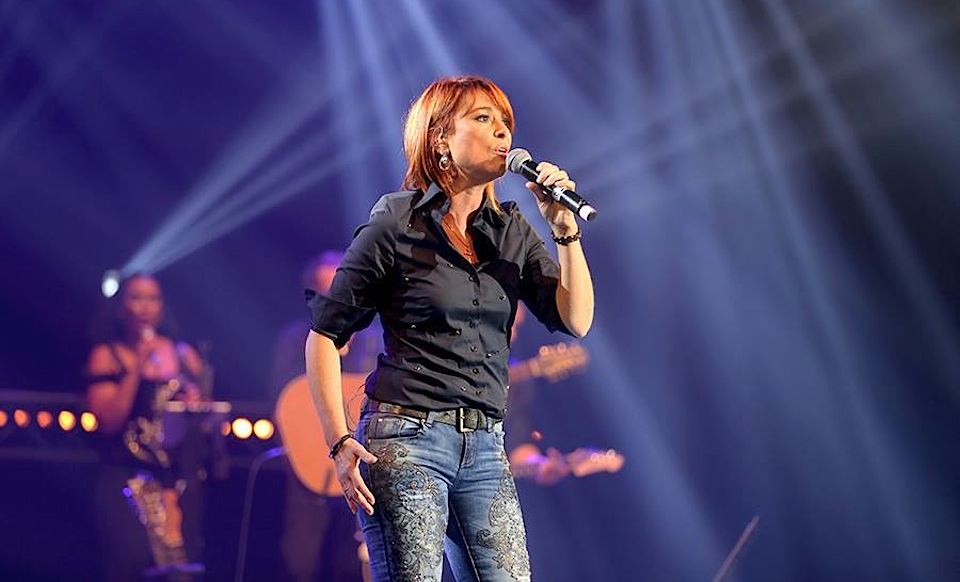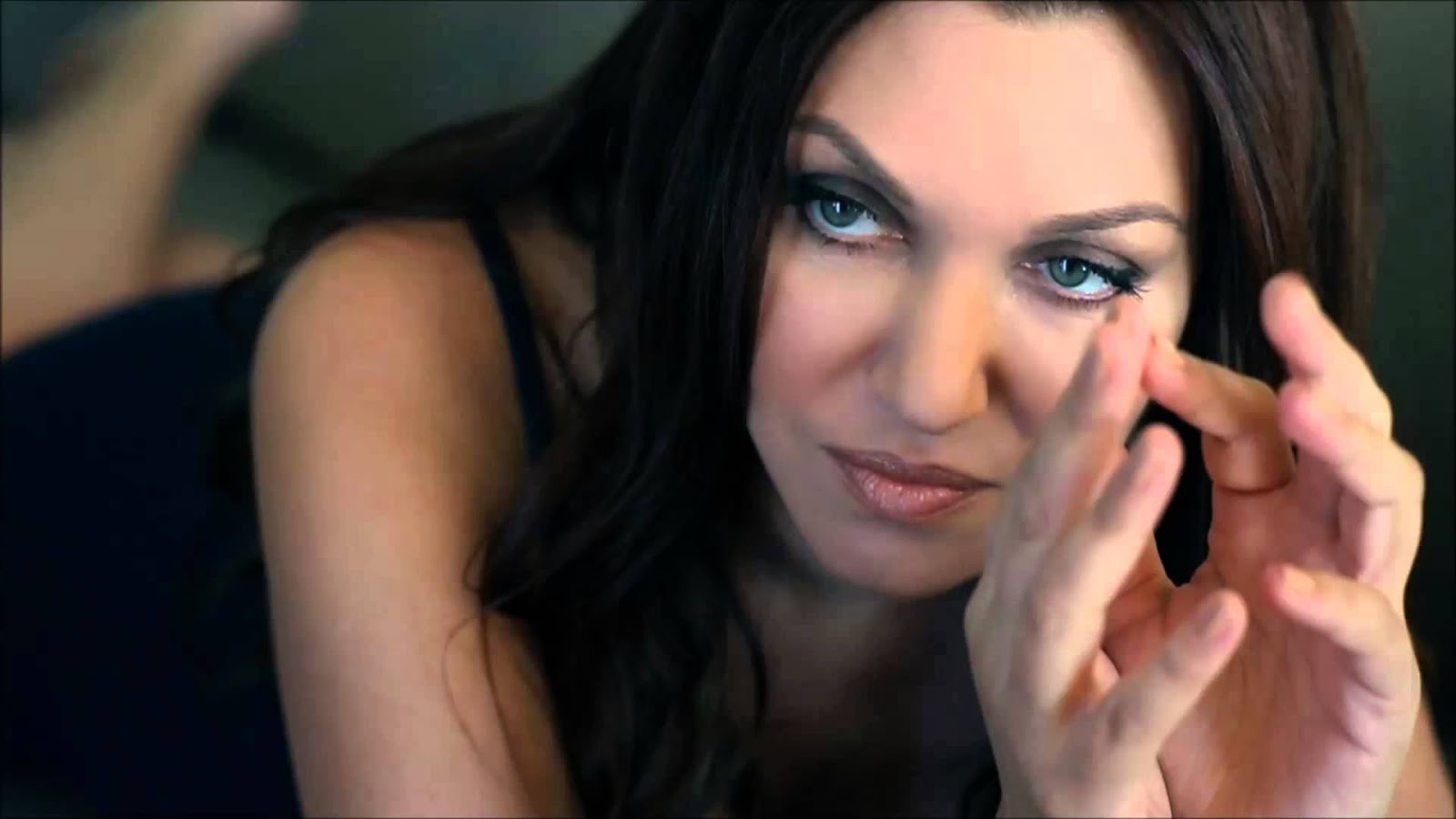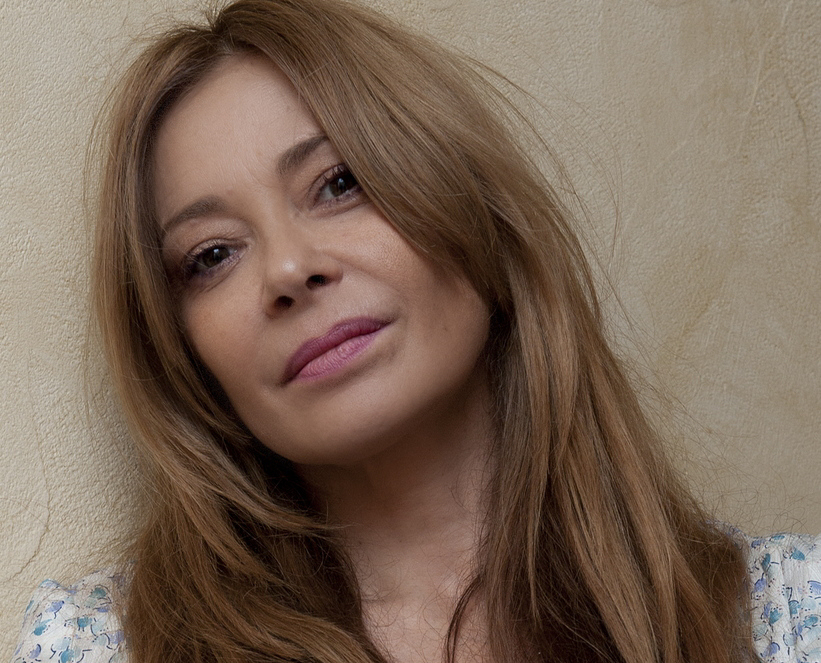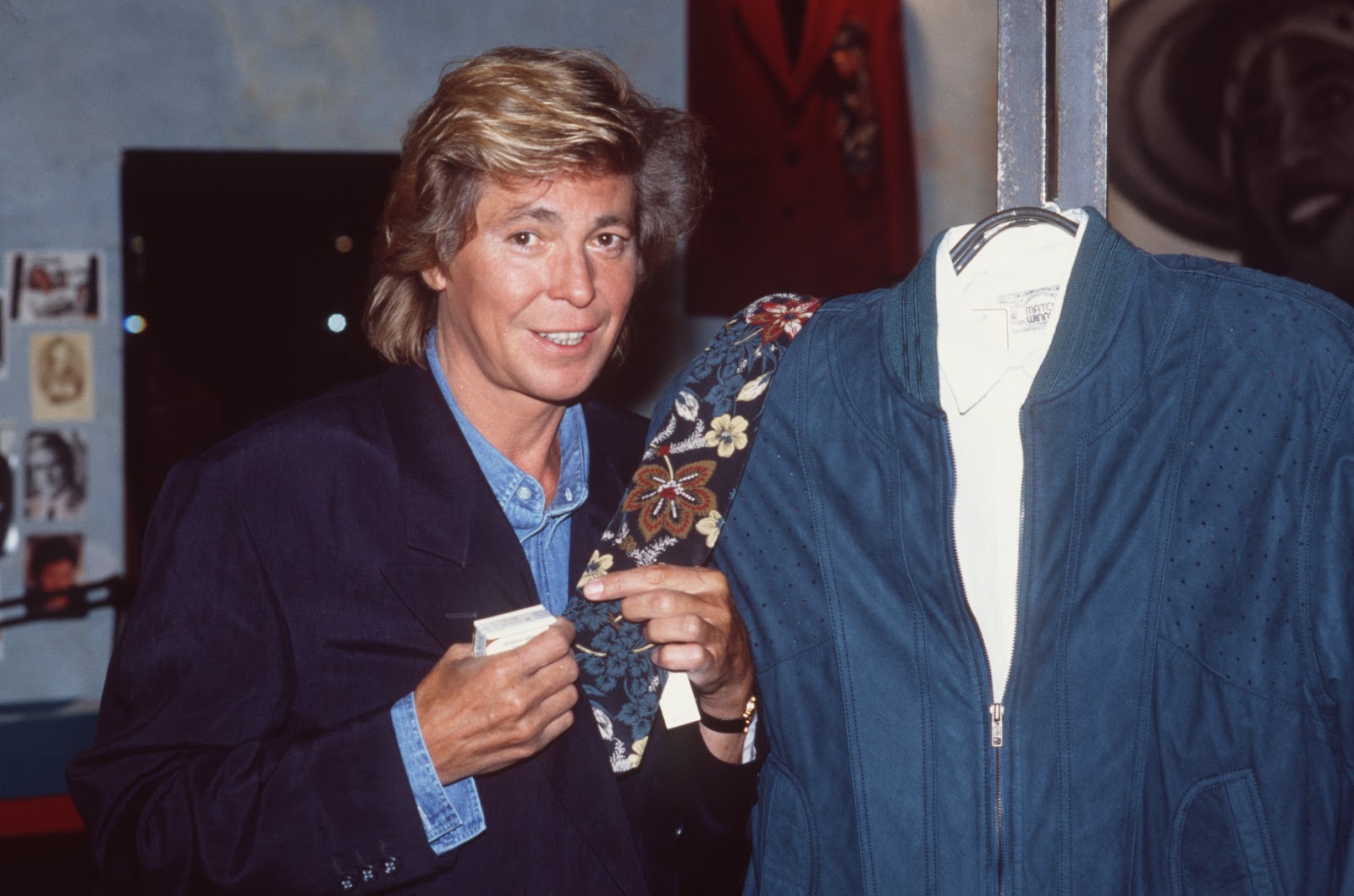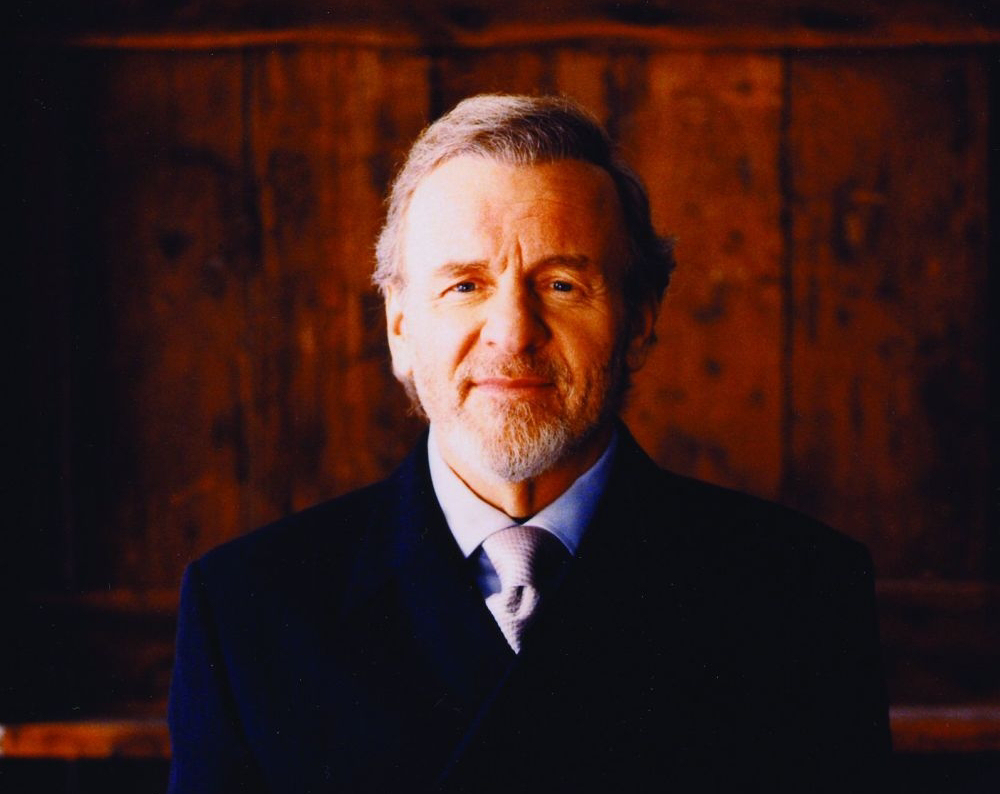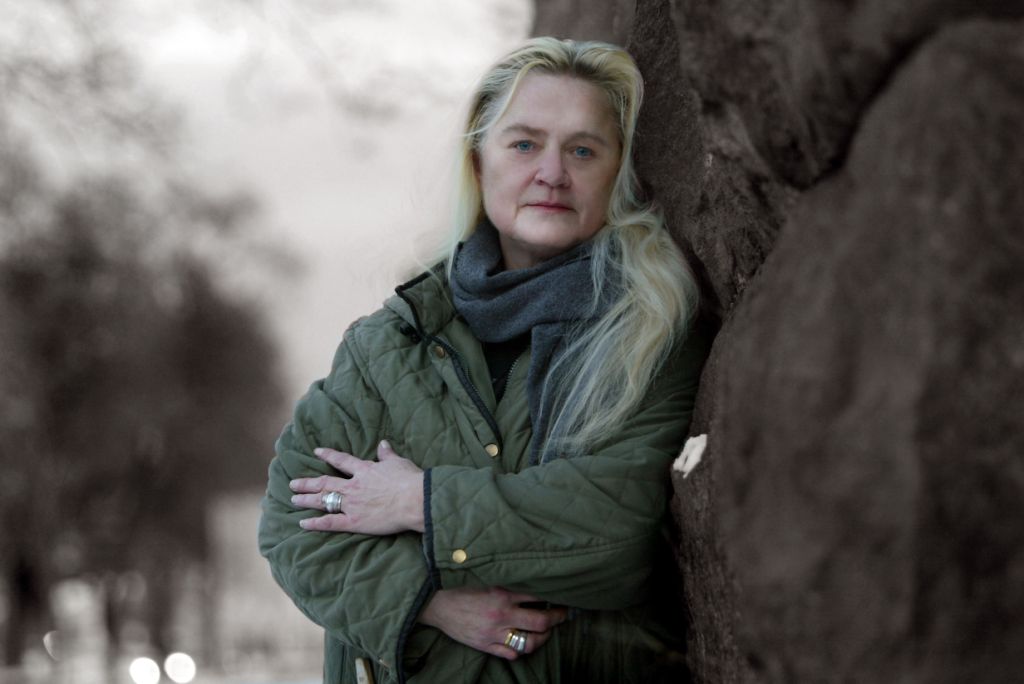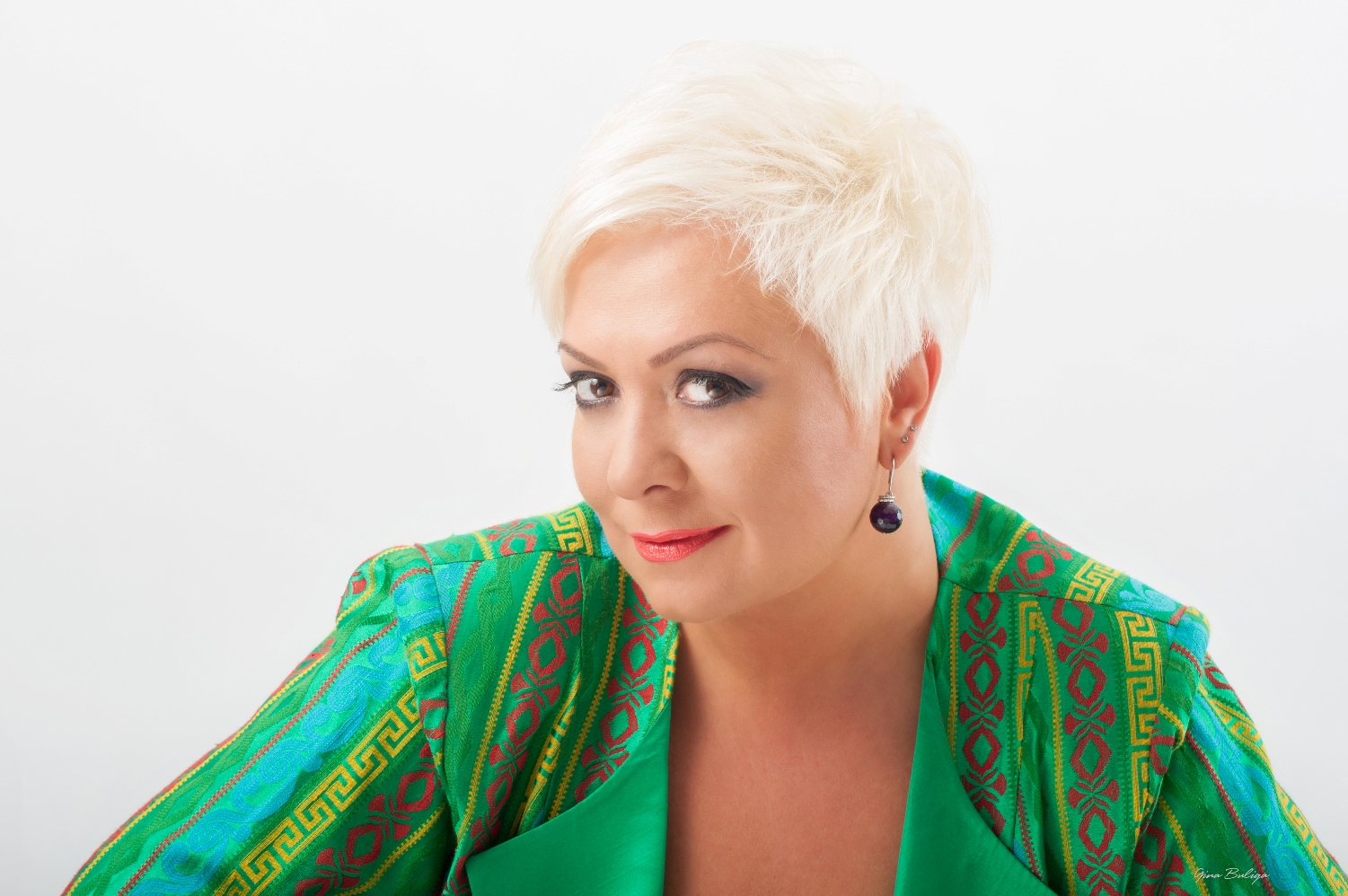30 June 1944: Guy Mardel born

Guy Mardel was born as Mardochée Elkoubi on 30 June 1944 in Oran, French Algeria. Mardel lived his first 15 years in Algeria before moving to France in 1959. He later enrolled in law school, while singing recreationally with a jazz band. He signed a contract with AZ Records in 1963 and released two singles before being chosen internally by channel ORTF in 1965 to represent France in that year's Eurovision Song Contest with the song 'N'avoue jamais' ('Never admit'). At the contest, held in Naples on 20 March, "N'avoue jamias" finished in third place of the 18 entries. He was unable to capitalise on his Eurovision success, despite releasing many singles until the 1980's. He now lives in Jerusalem.
